As the global investment in artificial intelligence (AI) is projected to reach a staggering $1.5 trillion in 2025, businesses are grappling with the reality of integrating autonomous systems into their operations. The rise of agentic AI, characterized by proactive planning, reasoning, and task execution with minimal human intervention, has introduced new challenges in ensuring digital resilience.
According to recent studies, fewer than half of business leaders are confident in their organizations' ability to maintain service continuity, security, and cost control during unexpected events. This lack of confidence is a pressing concern, given the profound complexity introduced by agentic AI's autonomous decision-making and interaction with critical infrastructure.
The financial stakes are high, with the global AI market expected to grow exponentially over the next few years. In 2022, the AI market size was estimated at $387 billion, with a compound annual growth rate (CAGR) of 38.1%. As AI becomes increasingly integral to business operations, the need for robust digital resilience has never been more pressing.
Cisco, a leading provider of digital transformation solutions, has been at the forefront of addressing the challenges posed by agentic AI. In a recent report, the company highlighted the importance of designing digital resilience in the face of emerging technologies. According to Cisco, digital resilience is the ability to prevent, withstand, and recover from digital disruptions, which has become a strategic priority for enterprises.
The report emphasized the need for businesses to adopt a proactive approach to digital resilience, one that involves identifying and mitigating potential risks before they materialize. This requires a deep understanding of the complex interplay between agentic AI, data, and infrastructure.
In the context of agentic AI, digital resilience is critical to ensuring the integrity of business operations. Autonomous systems can amplify the impact of even minor data inconsistencies, fragmentation, or security gaps, making it essential for businesses to invest in robust risk management strategies.
As the AI market continues to grow, businesses must prioritize digital resilience to avoid the consequences of a digital disruption. According to a recent survey, the average cost of a digital disruption can range from $100,000 to $1 million, with some high-profile cases reaching as high as $10 billion.
In conclusion, the integration of agentic AI into business operations has introduced new challenges in ensuring digital resilience. As the global investment in AI continues to grow, businesses must prioritize digital resilience to avoid the consequences of a digital disruption. By adopting a proactive approach to digital resilience, businesses can mitigate potential risks and ensure the integrity of their operations in the face of emerging technologies.




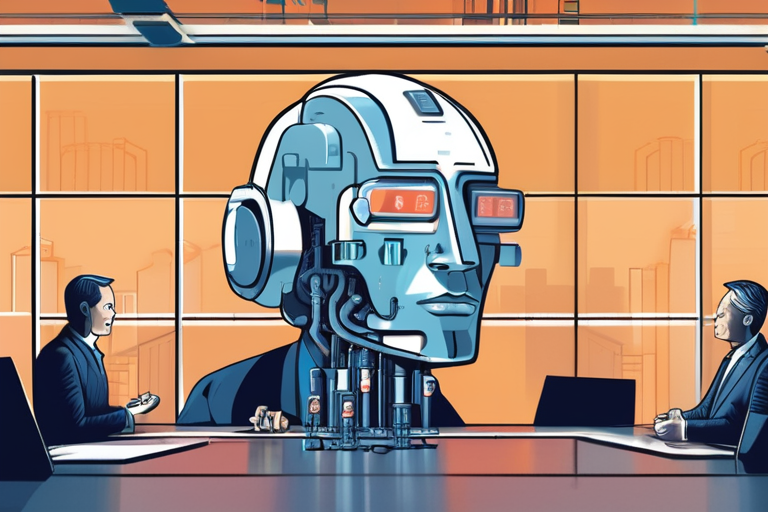
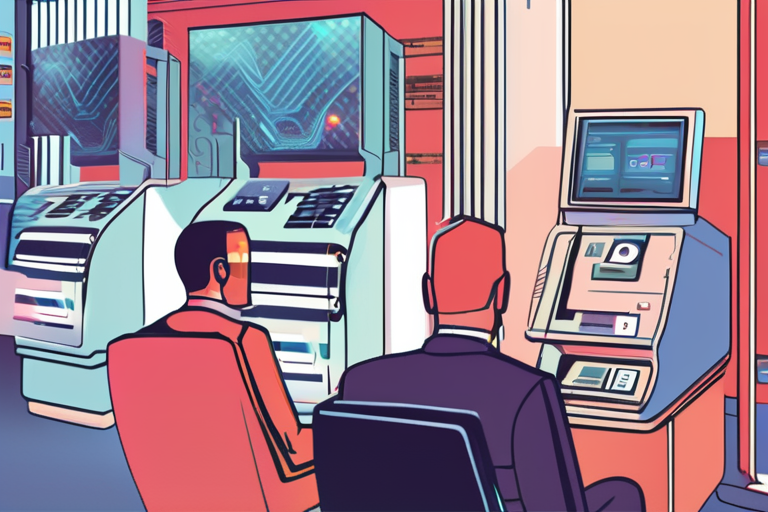









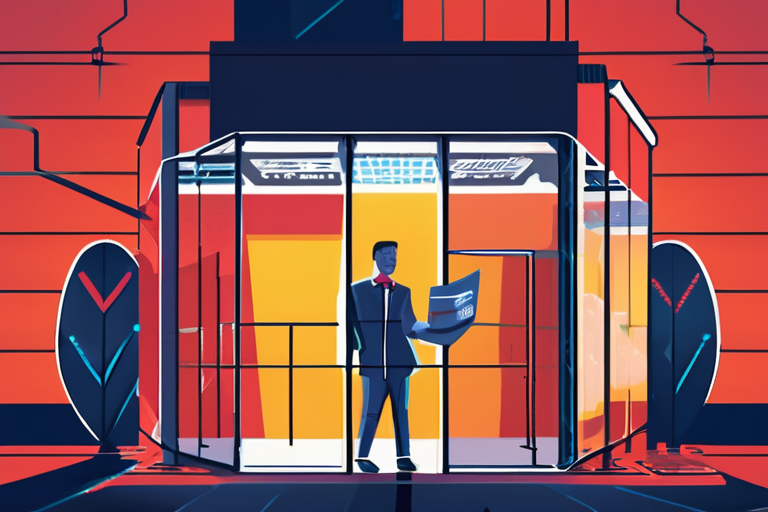




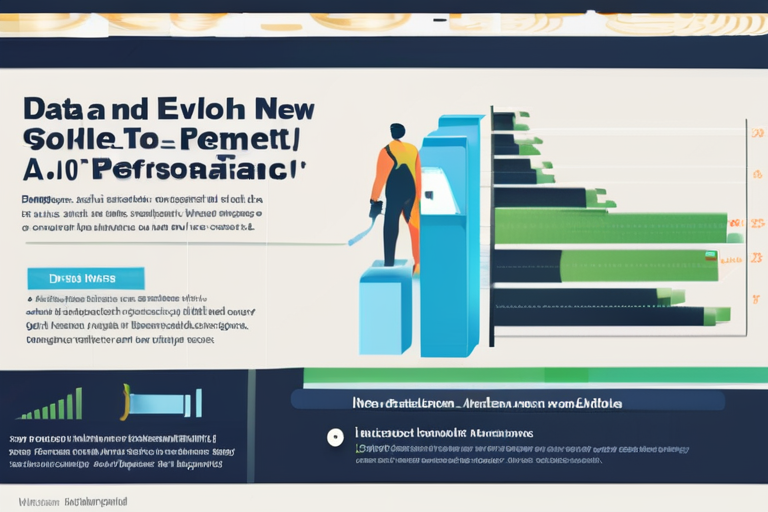




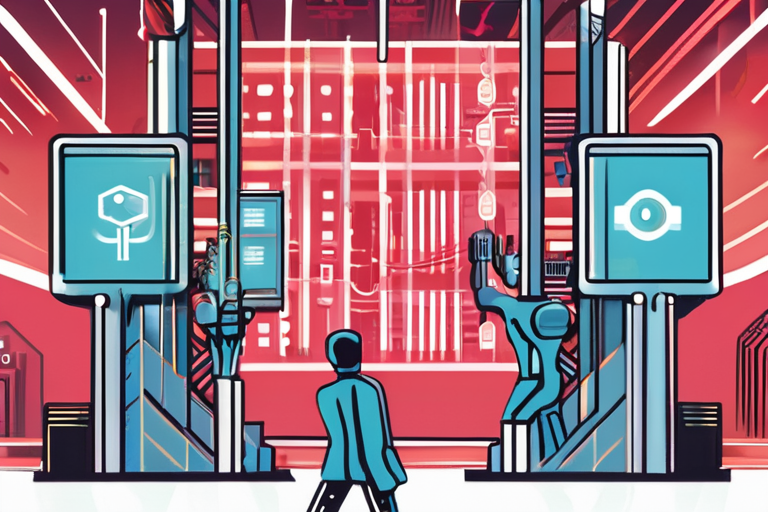

Share & Engage Share
Share this article